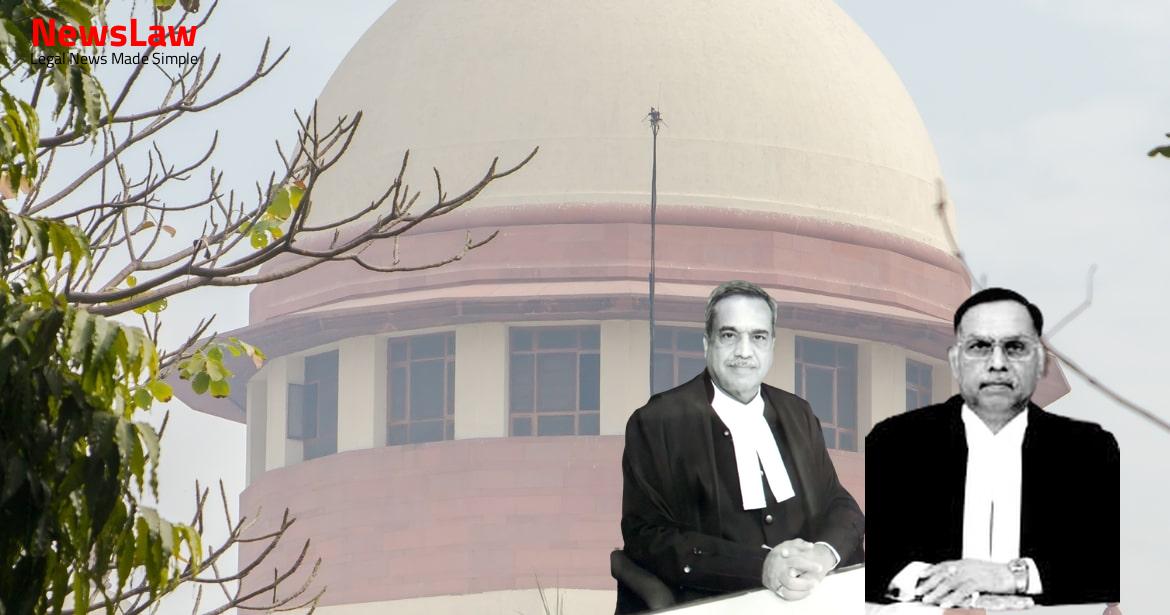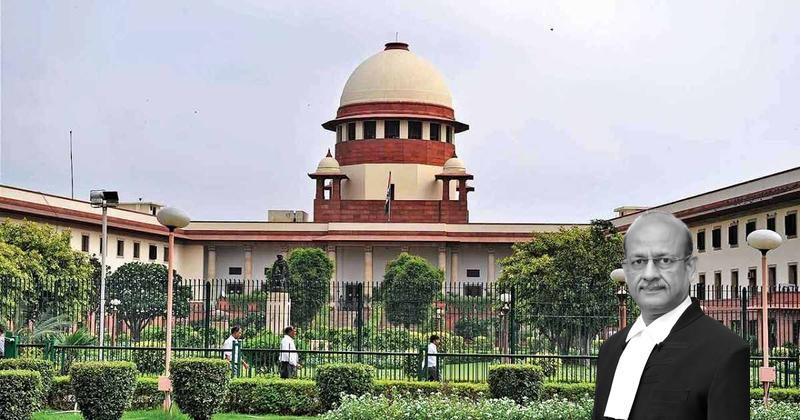In a recent landmark judgment by the Supreme Court of India, a thorough analysis of legal principles was undertaken in the case of the appellants. The interpretation of Section 148 of the NI Act and its application to the matter at hand has raised significant debate. This blog delves into the implications of the court’s decision and the need for a reevaluation of the legal framework involved.
Facts
- A cheque numbered 665643 was deposited by Virender Gandhi in Karnataka Bank Ltd., Sector-11, Panchkula on 06.04.2015.
- Appellants were directed to deposit 25% of the compensation amount within four weeks by way of demand draft in the name of the Court.
- Virender Gandhi sent a statutory demand notice under Section 138 of the Negotiable Instruments Act, 1881 on 06.05.2015.
- 28 complaints were filed by Virender Gandhi against the appellants under Section 138 of the NI Act before the Judicial Magistrate, Ist Class, Panchkula.
- A cheque numbered 665643 dated 31.03.2014 for Rs. 45,84,915 was issued by the appellants to Virender Gandhi against part payment of retirement dues.
- Appellant Nos. 1 and 2 are partners of appellant No. 3 M/s. Bhoomi Infrastructure Co., now known as GLM Infratech Private Limited.
- Virender Gandhi, a partner of the Firm, retired with respect to which a Memorandum of Understanding dated 30.11.2013 was entered into.
- The cheque was dishonoured and returned with the remark ‘funds insufficient’.
- The appellants were convicted in 28 cases under Section 138 of the NI Act.
- They were ordered to deposit a total amount of Rs. 9,40,24,999/- by the Appellate Court.
- The appellants were sentenced to two years of imprisonment on 13.11.2018.
- The trial court suspended their sentence for 30 days on the same date.
- The Appellate Court entertained the appeal and suspended the sentence, subject to certain conditions.
- The High Court dismissed the appellant’s petition under Section 482 Cr.P.C. on 24.04.2019.
- The Supreme Court also dismissed the criminal appeals arising from the SLPs.
- The appellants filed an application for suspension of sentence under Section 389 of Cr.P.C. in the Court of Sessions Judge, Panchkula.
Also Read: Interpretation of Lease Agreement and Compulsory Registration
Arguments
- The complaint was filed in 2015 alleging an offense under Section 138 of the NI Act, before the enforcement of Section 148 of the NI Act.
- Non-deposit of 25% of the compensation should not have led to the vacation of the order suspending the sentence.
- The respondents could have recovered the amount as per procedures under Section 421 Cr. P.C.
- The direction to deposit 25% of the compensation could not have been made under Section 148 of the NI Act.
- Section 148 of the NI Act came into force on 01.09.2018, after the events in question.
- Mere non-deposit of 25% of the compensation as directed on 01.12.2018 should not result in the vacation of the suspension of sentence.
- The learned counsel for the appellants argued that the court in the previous case had overlooked certain key aspects of the law.
- They contended that the interpretation of the law provided by the court was erroneous and did not align with the principles established in previous judgments.
- The appellants’ counsel further argued that the court’s decision had far-reaching implications and needed to be revisited.
- They emphasized the need for a thorough analysis of the legal principles involved in the case.
Also Read: Enhancing Compensation and Modifying Sentences: A Legal Analysis
Case Title: SURINDER SINGH DESWAL @ COL. S. S. DESWAL Vs. VIRENDER GANDHI (2020 INSC 21)
Case Number: Crl.A. No.-001936-001963 / 2019



